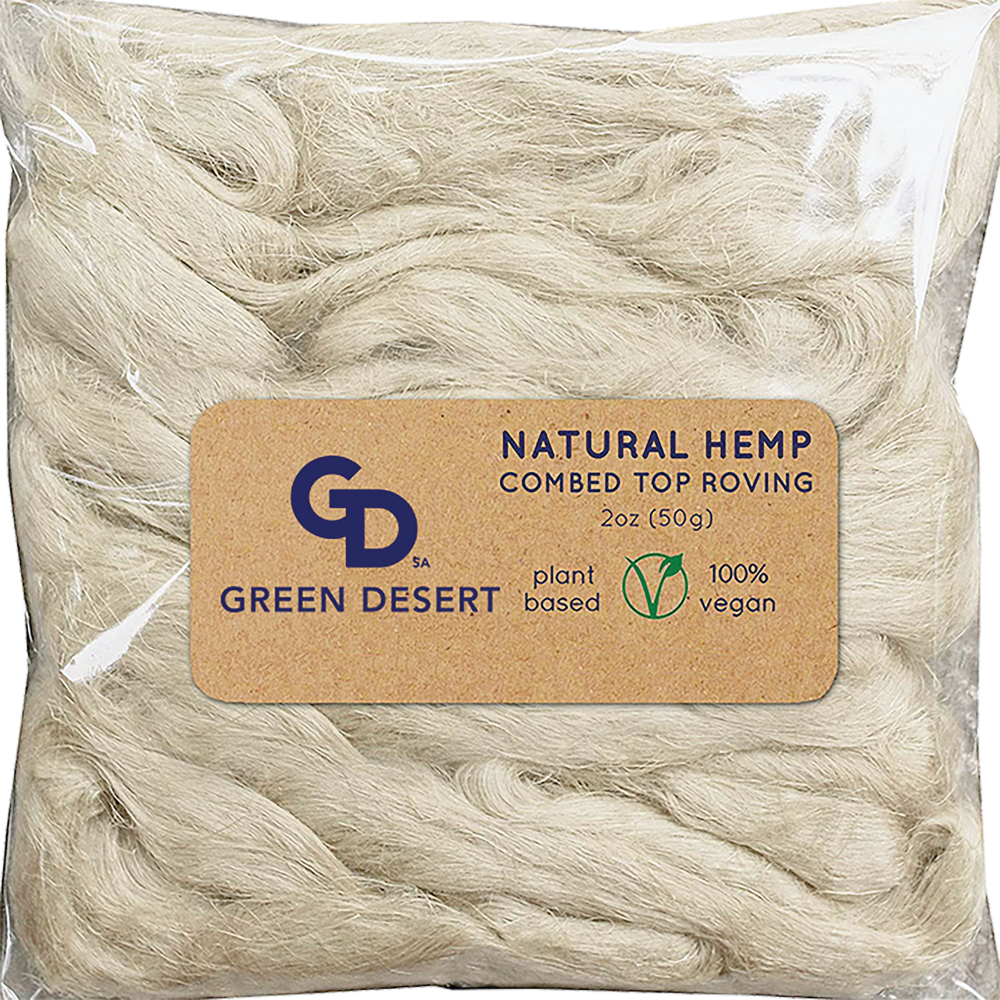CAIRO: Saudi-based biotech startup Green Desert SA is aiming to boost the Kingdom’s sustainability with a fresh line of industrial hemp products.
Founded in 2020 by Abdulhadi Al-Amer and Lucas Dietrich, GD was built on the foundation of utilizing biotechnology to commercialize hemp usage in the push toward a more sustainable future.
In an interview with Arab News, GD’s CEO Al-Amer explained how the company is aiming to address the significant benefits and unperceived value of industrial hemp in the region.
“Green Desert offers a wide range of high-quality transformed industrial hemp products. These include hurds, also known as shives, designed explicitly for animal bedding. They are suitable for small pets like poultry, birds of prey, rabbits, and larger animals such as horses and camels,” Al-Amer explained.
“In addition, GD provides hempcrete blocks that can be used in construction projects. These blocks are made from hemp and have excellent insulation properties, making them a sustainable and eco-friendly choice,” he added.
GD extends its sustainability solutions through the provision of hemp fibers, acclaimed for their durability and versatility. These fibers are adeptly utilized for insulation and in the manufacturing of various clothing items, Al-Amer explained.
Additionally, the company provides an array of industries with high-quality hemp seeds, notably utilized in the production of oil and animal feed. Recognized for their nutritional value, these seeds offer a versatile ingredient option across numerous product lines.
Sustainability and hemp
GD is pioneering a shift in sustainability, aligning with Saudi Arabia’s green initiatives. GD’s approach centers on developing advanced bioproducts, biofuels, and bioplastics from renewable resources.
At the heart of the firm’s sustainability vision is the hemp plant, a resource that GD believes can be a game-changer for the planet.
“Hemp has numerous impacts that contribute to a sustainable future, such as its short vegetative cycle, high yields, ability to grow almost everywhere, lack of need for plant protection chemicals, zero waste, contribution to agricultural soil regeneration, low water requirement, and its ability to store a large amount of CO2,” Al-Amer said.

Founded in 2020 by Abdulhadi Al-Amer and Lucas Dietrich, GD was built on the foundation of utilizing biotechnology to commercialize hemp usage. (Supplied)
Furthermore, he explained that hemp’s regeneration of agricultural soil leads to an increase in the yield of subsequent crops by up to 10 percent. Additionally, hemp achieves this with a low water requirement, eliminating the need for extensive irrigation systems.
“One of the most notable environmental contributions of hemp is its capacity to sequester carbon dioxide. Hemp can store approximately 15 tons of CO2 per hectare per year, making it a powerful tool in the fight against climate change,” Al-Amer said.
Addressing a regional misconception
“The market in which GD operates, specifically the industrial hemp industry, is highly sensitive. To ensure continued growth and success, GD has implemented several key strategies,” Al-Amer told Arab News.
“Firstly, we prioritize education and awareness about hemp and its benefits in Saudi Arabia and the region. To achieve this, GD leverages successful education campaigns conducted by European countries, the US, and other countries. The goal is to dispel misconceptions and clarify that hemp is not a drug but a valuable resource,” he continued.
“Additionally, GD has established partnerships with experts and organizations in Europe and the US. Through these partnerships, they develop educational materials and programs specifically tailored to the Saudi Arabian market and the Gulf countries. These strategies aim to foster understanding and acceptance of hemp, ultimately driving the growth and success of GD in this sensitive market,” he added.
Furthermore, the company has positioned itself as a catalyst for commercializing the undervalued hemp industry by becoming a center of knowledge and reliability.
“GD’s strategy includes presenting substantial evidence and records to affirm that hemp cultivation and utilization can be effectively controlled and regulated, ensuring it is devoid of THC, the psychoactive component, thus addressing prevalent misconceptions and demonstrating hemp’s safe and versatile applications,” Al-Amer explained.
Strategic cooperation
GD is setting a new standard in sustainability by establishing strategic partnerships with leading companies and government bodies.
The company recently received a license from Saudi Arabia’s Ministry of Environment, Water, and Agriculture to further extend its research and operations.
“GD is actively partnering with governmental entities, specifically MEWA in Saudi Arabia. The collaboration between GD and MEWA strongly indicates their close cooperation and shared goals,” Al-Amer said.

The market in which GD operates, specifically the industrial hemp industry, is highly sensitive. To ensure continued growth and success, GD has implemented several key strategies.
Abdulhadi Al-Amer, Green Desert CEO
“This license showcases the trust and confidence MEWA has placed in GD, acknowledging its expertise and commitment to compliance with regulatory requirements,” he added. The company also holds several intellectual properties, the most notable one is an exclusive authorization granted by the Saudi government.
Furthermore, GD recently signed a strategic cooperation agreement with France’s La Chanvriere to further boost its biotech capabilities.
“By incorporating the knowledge gained from these partnerships into their operations, GD actively contributes to creating a knowledge-based economy.
This aligns with Saudi Arabia’s Vision 2030 and further strengthens GD’s position as a leader in innovative biotechnology solutions,” Al-Amer said.
Business foundations
“As the only company authorized to bring transformed industrial hemp products into the Saudi market, GD enjoys a significant competitive advantage. This distinction not only sets the company apart from its competitors but also positions it as a trusted and reliable source of high-quality hemp-based solutions,” Al-Amer said.
The company’s revenue streams stem from several hemp-based products. The primary source of income is the supply of hemp hurds or shives.
HIGHLIGHT
GD is pioneering a shift in sustainability, aligning with Saudi Arabia’s green initiatives. GD’s approach centers on developing advanced bioproducts, biofuels, and bioplastics from renewable resources.
Another source is the company’s production and sale of its hempcrete blocks.
“We aim to supply every horse, camel and small pet owner in the Gulf countries with the best quality bedding they can get on the market. Additionally, we aim to supply building companies and mega projects such as the Line with the most sustainable construction material available on the market,” Al-Amer said.
Future potential
“As pioneers in Saudi Arabia’s hemp market, GD is focused on fostering competition by highlighting the importance of its solutions,” Al-Amer explained.
He stated that this includes highlighting the environmental advantages of hemp, such as its ability to sequester carbon dioxide and reduce the need for synthetic materials.
Moreover, Al-Amer underscored the importance of collaboration and engaging with stakeholders to shed light on the nascent sector.
“By doing so, GD increases awareness and creates a platform for dialogue and collaboration, which can further foster competition and innovation in the market,” he added.














